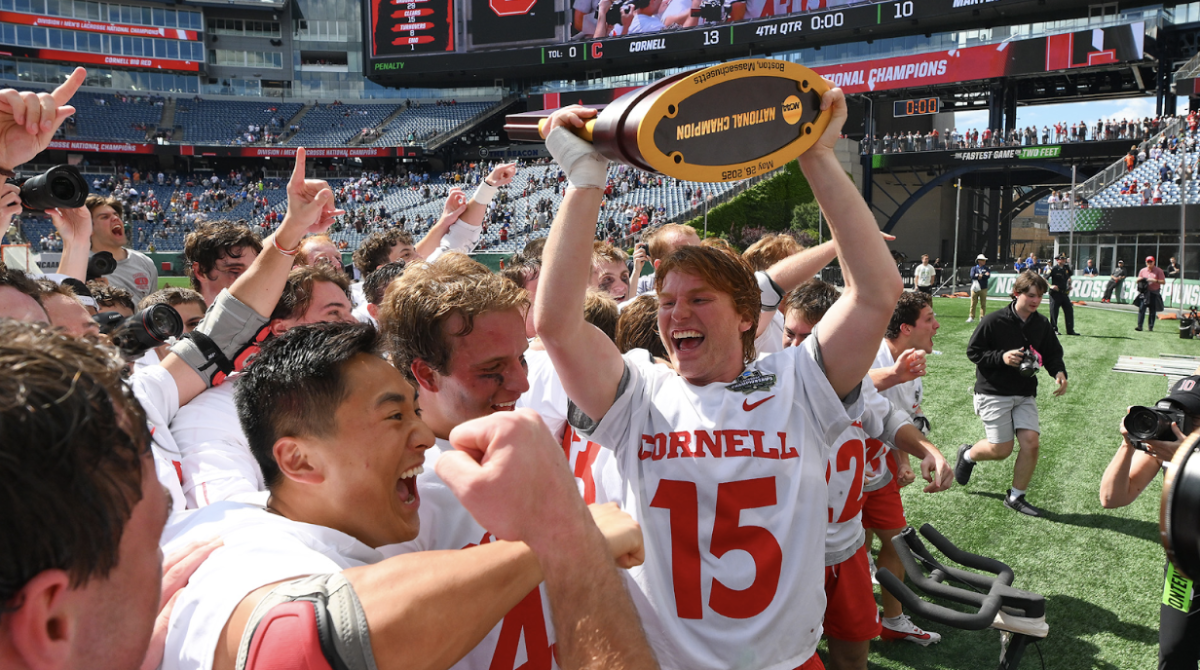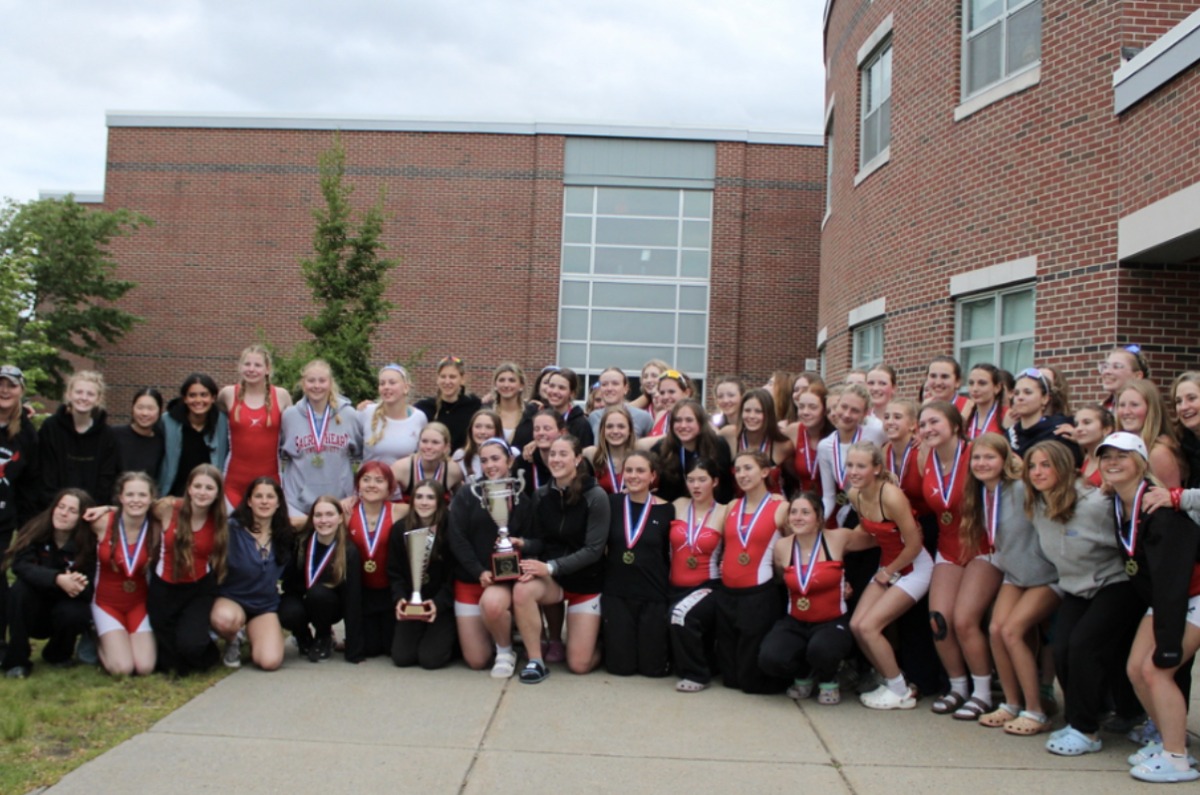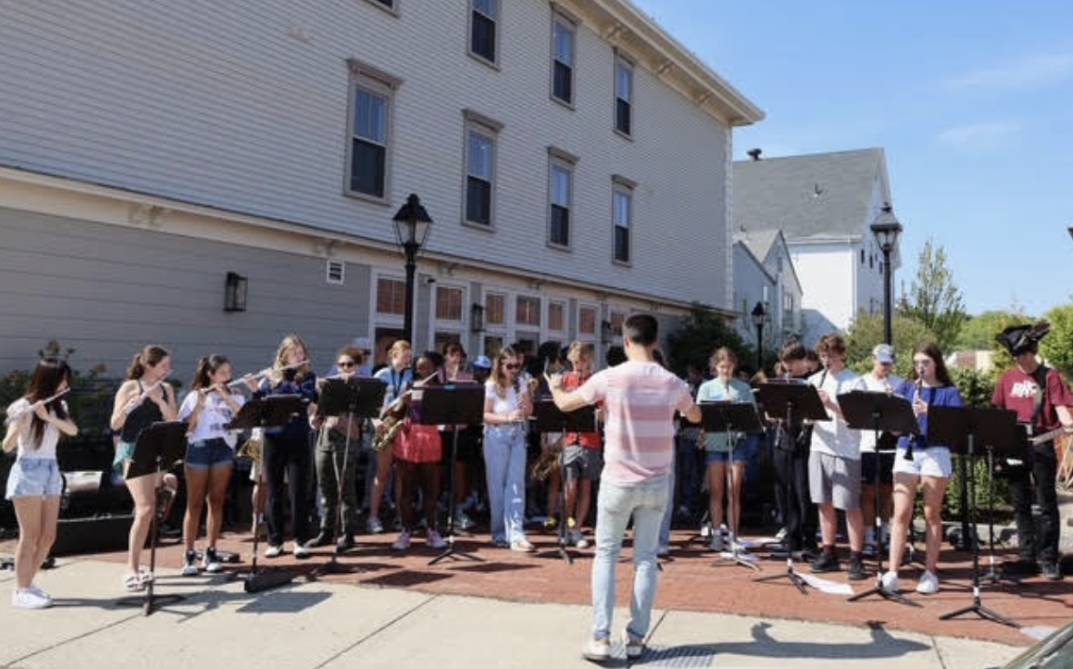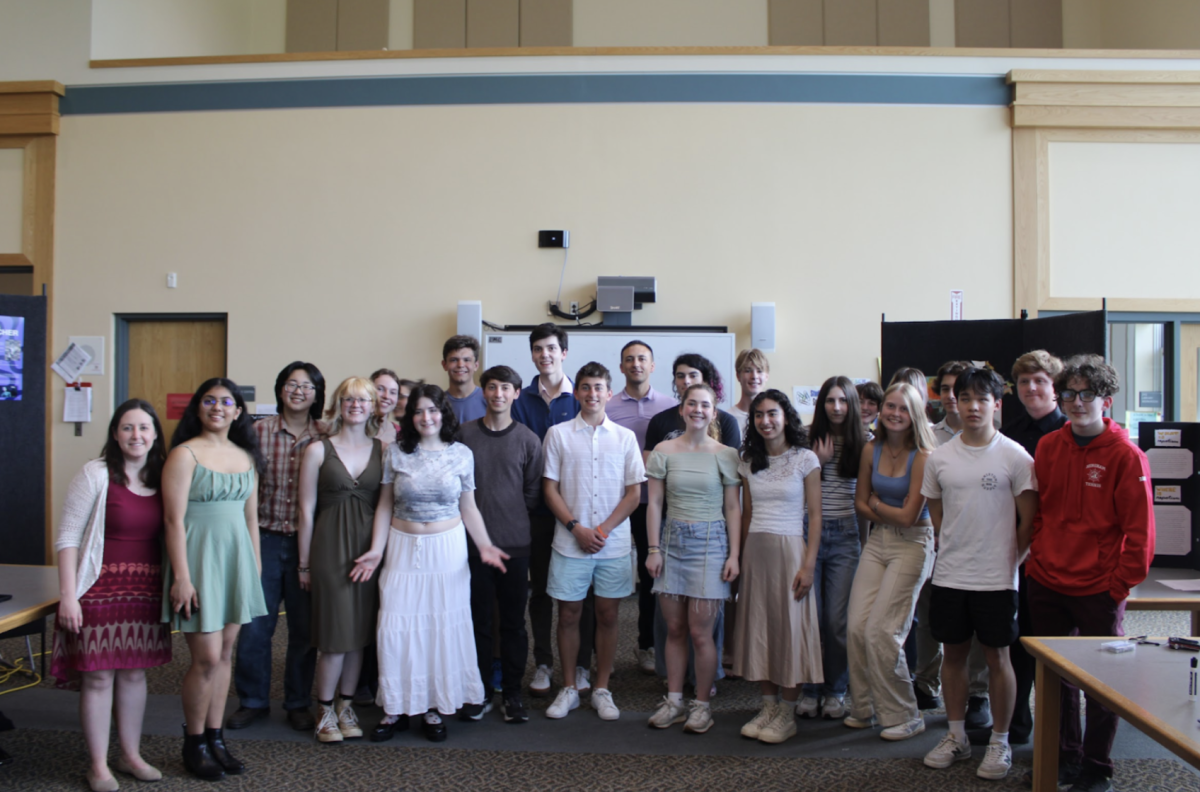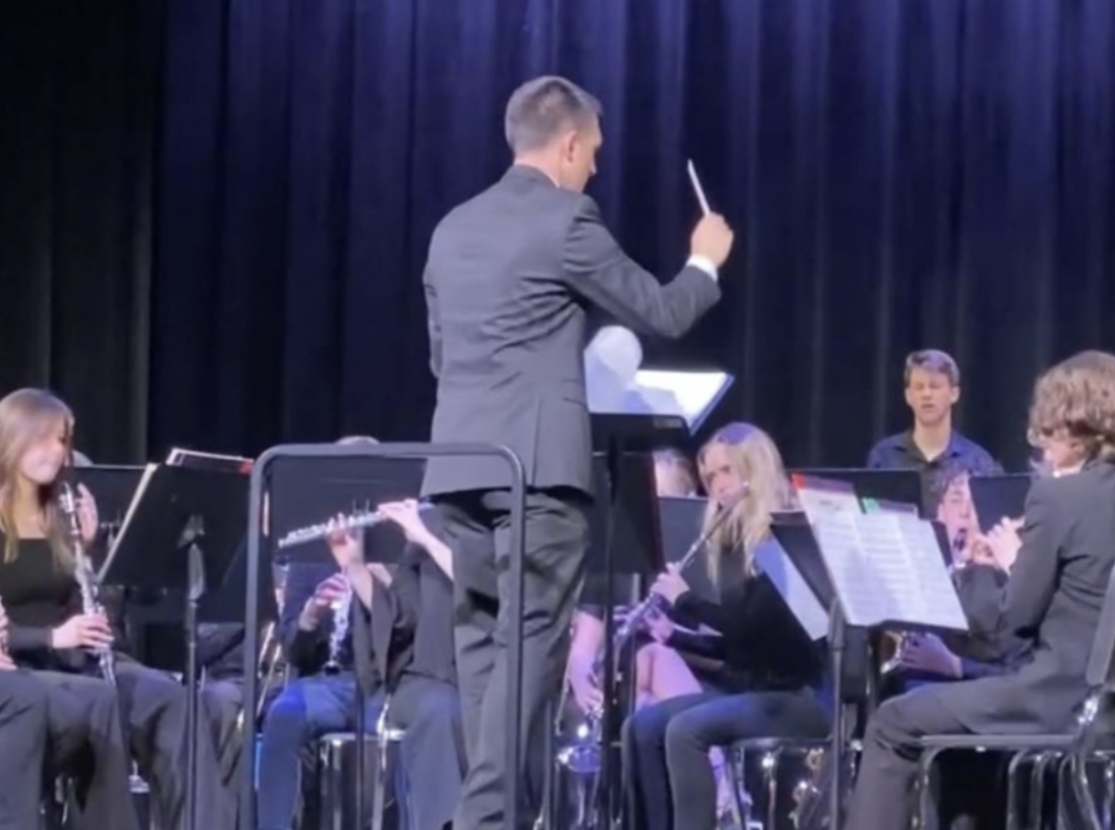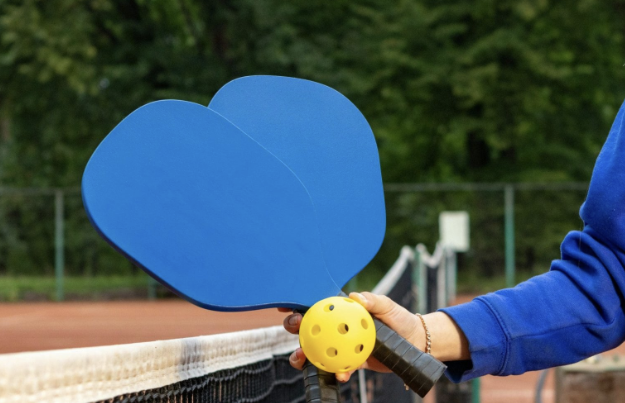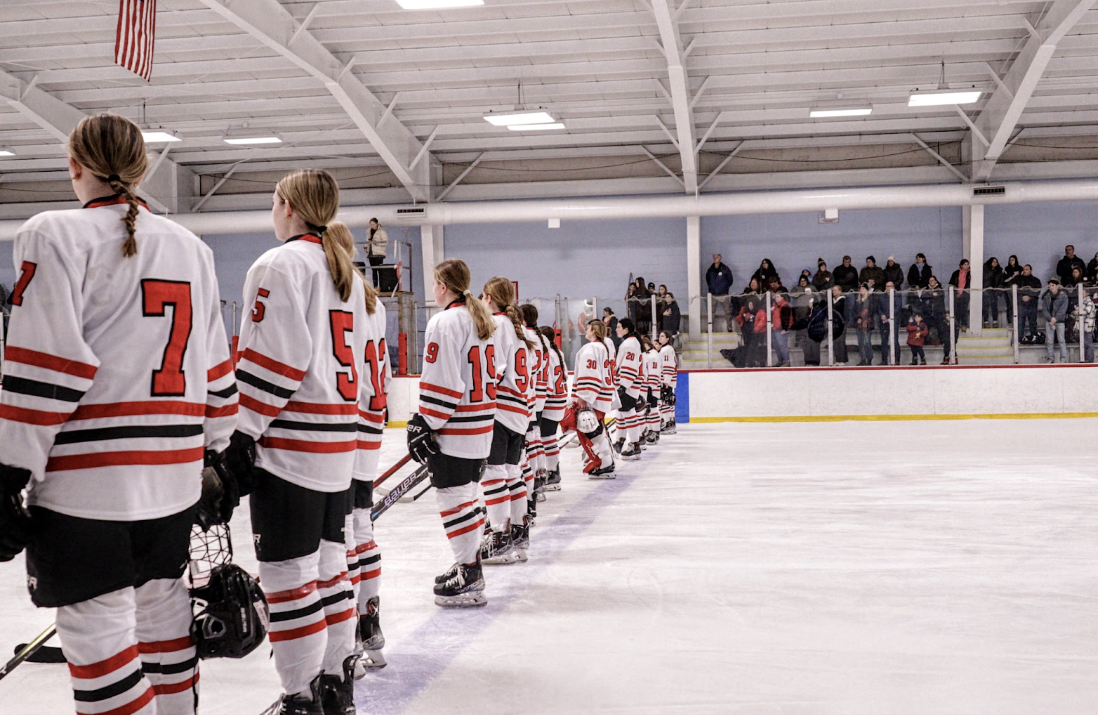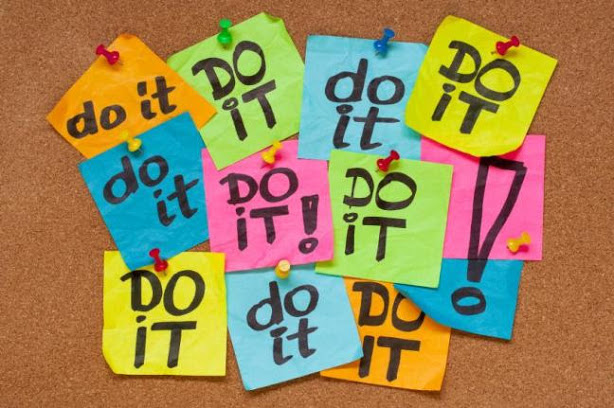Procrastination: Vice or Virtue?
For students, massive workloads can lead to procrastination.
April 15, 2018
Procrastination is a word with 14 letters, 5 syllables, and a mouthful of prefixes, suffixes, and Latin roots. But most importantly, procrastination is an embedded and intrinsic part of high school culture. Although, if I’m being honest, the practice really started in middle school.
The habit began as a way to avoid the mountain of worksheets and homework assignments that, according to teachers, would make or break all my grades, my future career, and basically my entire life.
Teachers stressed the immense importance of planning, working efficiently, and completing assignments in a timely fashion. I tried to follow their advice, and I still try to be that one really great student, but it’s never quite worked out for me. But honestly, can anyone really blame me? At the epoch of connectivity, and with the entire world literally at our fingertips, that ELA outline and those history notes seem a little blasé.
Of course, I would have to actually do something amazing or once-in-a-lifetime to excuse the procrastination. Usually, my procrastination consists of scrolling mindlessly through social media, going on a cleaning rampage, or rereading a book for the umpteenth time.
Others put off work for good reasons. An anonymous HHS student on the robotics team said, “I’d much rather hang out with my team and support them than work on an essay.”
While not completing relevant or urgent schoolwork, this student, like many others, still spends his or her time productively. With the rigorous academics of HHS, sometimes it can feel impossible to complete schoolwork while also participating in fun activities (even school-run ones) and students must learn to prioritize their time and deal with the consequences.
Make no mistake, when I procrastinate, I am fully aware of exactly how self-destructive my decisions are. Junior Lily Denneen shares this self-awareness, and she explains, “My least favorite part of the procrastination is how all [of the] work builds up, and then it just becomes harder to catch up.”
The backlog of work is unpleasant and leads to rushed and busy Sunday nights. Yet, some of my best essays, projects, and work were finished at the last minute. Actually, a University of Wisconsin study found that procrastinators, in general, outperformed their nonprocrastinating colleagues, and had more creative and innovative work.
For some reason, the brain can sometimes produce its best ideas one day before a deadline that’s existed for three months. Maybe it’s because, with time, one can mull over different options, discarding the most cliché and boring. Or maybe it’s because the stress of a looming due date unlocks some dormant corner of the brain. Either way, sometimes procrastination can help.
However, I couldn’t write an article about procrastination (which, by the way I’m submitting a day late) without discussing the hit-or-miss nature of last-minute scrambling. While I have done some great work at the last minute, I’ve also created some incoherent, terrible projects at that time too.
I think the major difference between the well- versus ill-written assignments I’ve procrastinated is intent. Those which I think about beforehand and look forward to writing usually go well. The work that I dread and put off for as long as possible usually fails spectacularly.
So, while my study habits could certainly use some work, I don’t think I should ever try to completely stop procrastinating. Aside from the fact that I probably couldn’t do that, I’m proud of my ability to step back and reflect thoughtfully about assignments.
Chronic procrastinators like Leonardo Da Vinci, Bill Clinton, and Steve Jobs attest to the timeless power of pushing things off until later. Besides, trying to stop procrastinating would be a lot of work—I think I’ll wait until next year to try.











